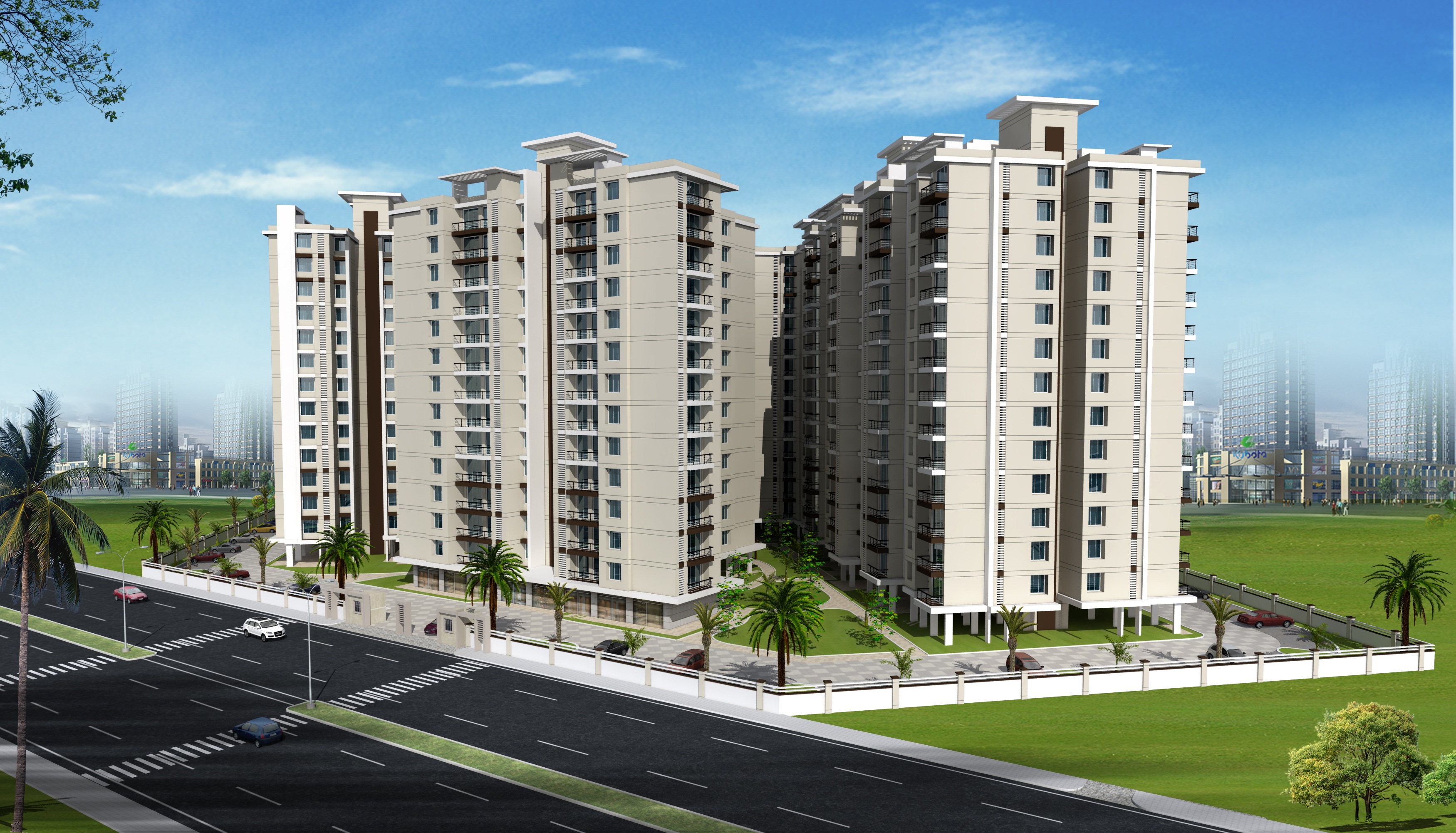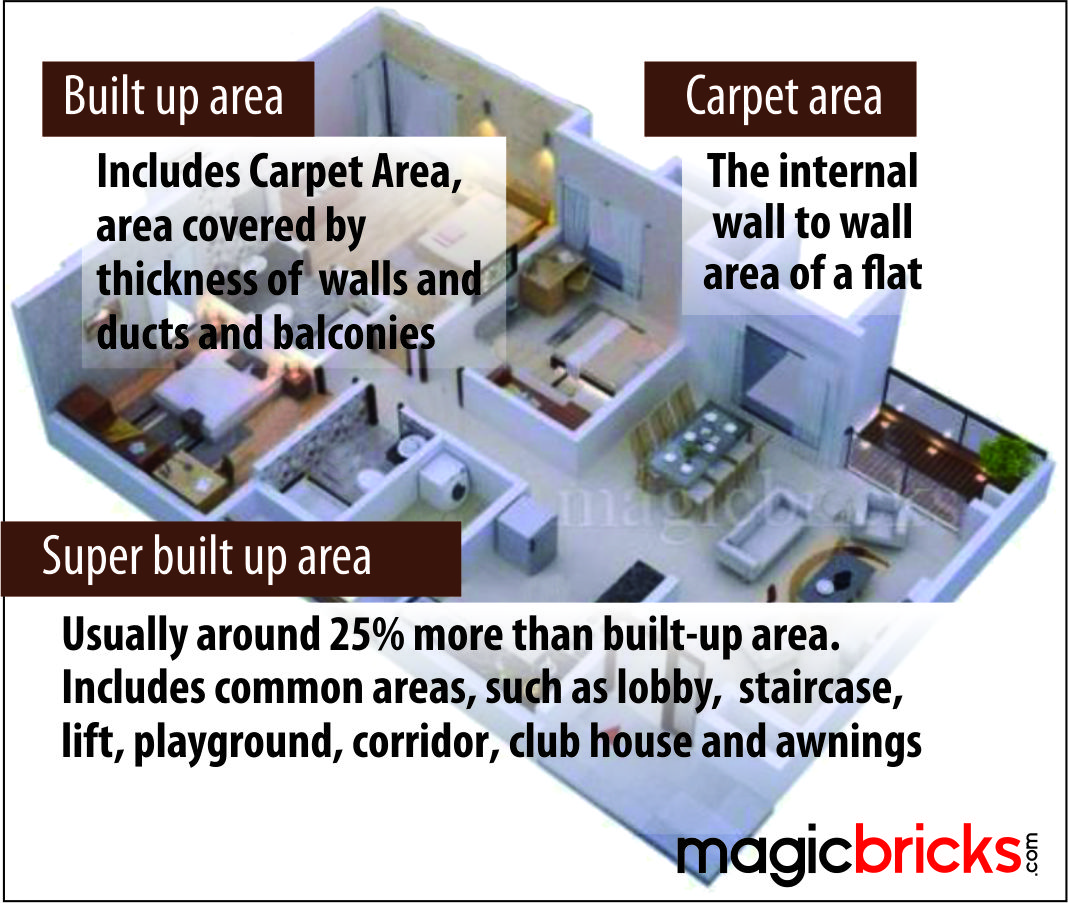It is a general practice among buyers of real estate to avoid site visits or the purchase of a resale home during monsoons. In contrast, buyers can take advantage of this season to evaluate the location and construction quality and fix a favorable deal.
In this season, the surrounding areas and the property put a very different picture in comparison to the remaining part of the year. Resultant, the would-be homebuyers get an opportunity to have a precious insight of the property they propose to buy. Here we shall detail some reasons that will support your idea to invest in the property during monsoons.
Infrastructure and amenities in the area
Real estate experts advise that home seekers should visit the construction site more than once, before making a final decision. Visiting a site in the monsoons when the traffic is at its worst, in most places, will provide insights on the waterlogging situation, as well as travel and access to the area. Monsoons are an apt time for buyers to go house hunting in a country like India and assess the condition of the building and the area around it. During monsoons, getting transportation from your home to the nearest railway station or bus depot is a nightmare in cities and this aspect cannot be overlooked during such site visits.
Construction quality
Monsoon is the best period to check the overall quality of construction of a house. Issues like seepage in the ceiling and near the washrooms are quite common during rains. Heavy rain will reveal the construction flaws, like seepages/leakages, quality of plumbing and drainage, waterlogging, traffic in the neighborhood, etc. It is thus, the best period to visit the site and should not be avoided.
While ascertaining construction quality may not always be possible in an under-construction property, the rainy season is the perfect time to check the quality of a resale house One of the factors to be considered, while finalizing a top-floor flat is the possibility of leakage issues. This is particularly important in a resale property. Go ahead with the deal, only when one is assured that the flat could withstand the elements of nature. The monsoon actually puts any building, even if it is from a reputed builder with a high quality of construction to the test.
Best time to negotiate
Issues like leakages during the monsoons can also be used by buyers to make the deal work in their favor. If a buyer likes a particular property that has an issue of water-logging in and around the building or a leakage problem, then, the prospective buyer has a chance to bargain further and get a fairly good deal and get it solved. This may not be possible in dry weather conditions.
Raining discounts
As the demand for properties tends to dip in the monsoon season, it is an ideal time for discounts. The monsoon is generally regarded as a lean period for the realty sector. However, it is a good time for home buyers, especially for those looking at resalable properties. This is the time when demand is less and sellers are willing to negotiate on lowering the price for the serious buyer. Moreover, with people preferring to invest in real estate during the festival season, which begins in September-October, builders offer attractive discounts around monsoon to boost their sales for that quarter.
Advantages of selecting a property in the monsoons:
- Buyers can gauge whether the property has problems pertaining to seepage, leakage from the terrace, drainage issues leading to stagnation of dirty water, etc.
- For a resale home, a final inspection in this season can reveal construction quality and how the house has been maintained.
- Low-lying areas are prone to flooding, leading to traffic jams and transportation woes. The extent of this problem can be best judged in the monsoon season.
- In cases, where flaws in the project become evident during the rainy season, buyers can bargain and also ask the developer to mend the same.
- As it is a lean period, vis-à-vis sales, sellers may be willing to negotiate on the price.













